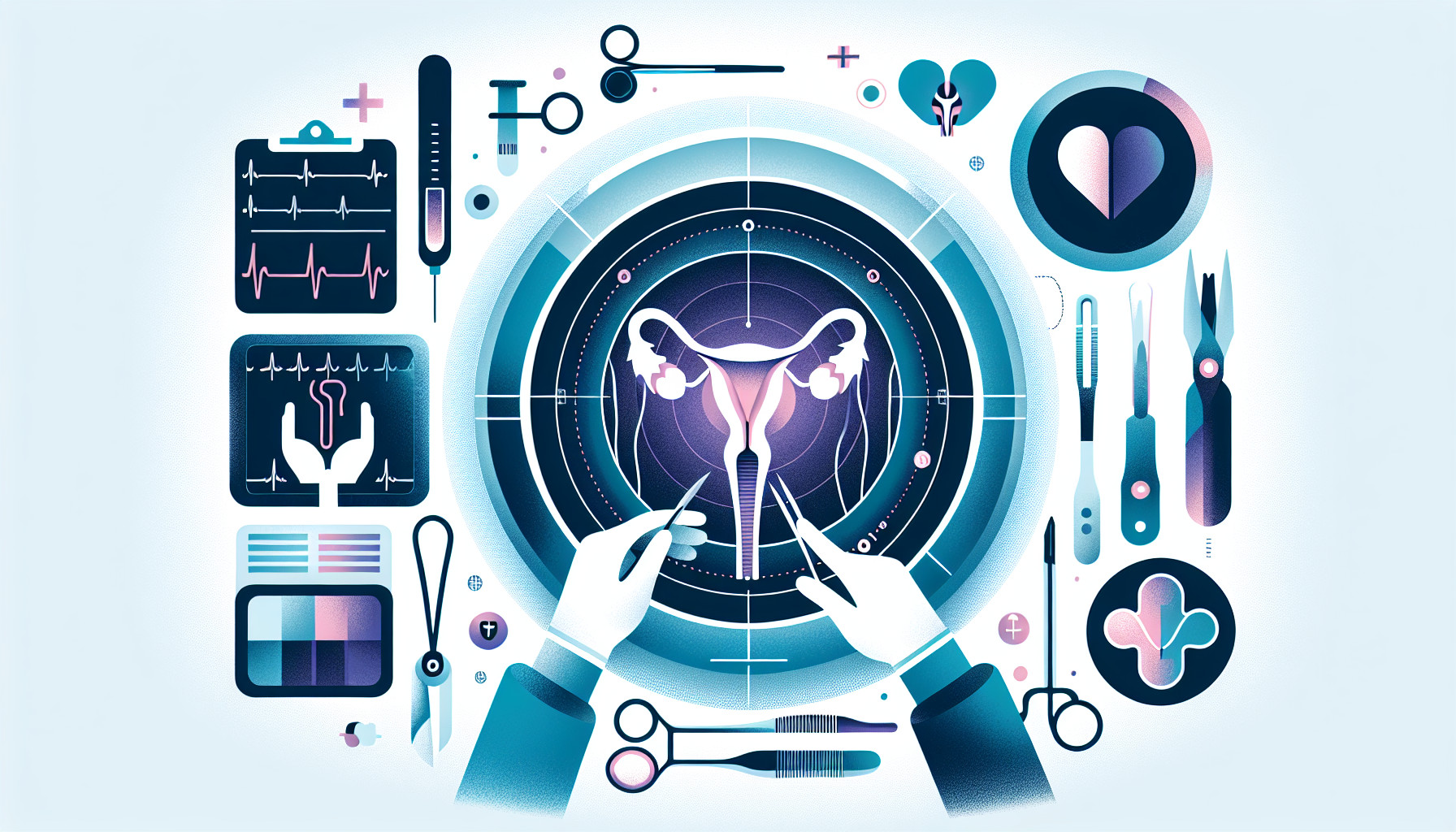Our Summary
Varicocele is a condition where the veins in the testicles become unusually large and twisted. It’s found in both teenagers and adults, but diagnosing and treating it in teens can be tricky. In adults, treatment is usually considered if they’re having trouble having children. In teens, doctors, families, and the patients themselves have to think about possible future fertility issues that may or may not happen. It’s also hard to figure out how bad the varicocele is affecting a teen’s testicular health, since they usually don’t provide semen samples for testing. Instead, doctors have to look at things like differences in testicle size. The treatment options for teens with varicocele are pretty much the same as for adults. However, there isn’t a clear “best” way to treat this condition in teens. This research paper discusses diagnosing varicocele in teens, when to consider treatment, and how to manage the condition.
FAQs
- What is varicocele and who is most affected by it?
- What are the challenges in diagnosing and treating varicocele in teenagers?
- What are the treatment options for teenagers with varicocele?
Doctor’s Tip
After undergoing varicocele surgery, it’s important to follow your doctor’s instructions for recovery. This may include wearing a scrotal support for a few weeks, avoiding heavy lifting or strenuous activity, and taking any prescribed pain medication as directed. It’s also important to keep the surgical area clean and dry to prevent infection. Be sure to follow up with your doctor for any post-operative appointments and discuss any concerns or symptoms that arise during your recovery. Following these guidelines can help ensure a successful outcome from varicocele surgery.
Suitable For
Typically, patients who are recommended varicocele surgery are those who are experiencing symptoms such as pain, discomfort, or swelling in the scrotum. Additionally, patients who are having difficulty conceiving a child may also be recommended for surgery, as varicocele can affect fertility. In younger patients, such as teenagers, surgery may be considered if the varicocele is causing significant testicular growth discrepancies or if there are concerns about future fertility issues. Ultimately, the decision to undergo varicocele surgery should be made in consultation with a healthcare provider, taking into consideration individual symptoms, concerns, and treatment goals.
Timeline
Before Varicocele Surgery:
- Patient experiences symptoms such as pain or discomfort in the scrotum, or swelling of the testicles.
- Patient undergoes a physical examination and possibly imaging tests such as ultrasound to diagnose varicocele.
- Patient and doctor discuss the potential risks and benefits of surgery, as well as alternative treatment options.
- Patient may undergo pre-operative tests such as blood work or ECG to ensure they are healthy enough for surgery.
After Varicocele Surgery:
- Patient undergoes the surgical procedure, which may be done using open surgery or minimally invasive techniques such as laparoscopy.
- Patient may experience some discomfort or pain after surgery, which can be managed with pain medication.
- Patient is advised to rest and avoid strenuous activities for a period of time to allow for proper healing.
- Patient may be instructed to wear a scrotal support or compression garment to help reduce swelling and support the scrotum.
- Patient follows up with their doctor for post-operative care and monitoring of any potential complications.
- Over time, patient may experience improvements in symptoms such as pain or infertility, as the varicocele is successfully treated.
What to Ask Your Doctor
- What are the potential risks and complications associated with varicocele surgery?
- How long is the recovery period after varicocele surgery?
- Will varicocele surgery improve my fertility or reduce pain/discomfort in the testicles?
- Are there alternative treatment options to consider before undergoing surgery?
- What is the success rate of varicocele surgery in improving fertility?
- How likely is it that the varicocele may return after surgery?
- How many varicocele surgeries have you performed, and what is your experience with this procedure?
- What is the expected outcome of varicocele surgery in terms of testicular health and fertility?
- Will I need to take any medications or follow a specific post-operative care regimen after surgery?
- Are there any lifestyle changes or precautions I should take to prevent future varicocele development or recurrence?
Reference
Authors: Zundel S, Szavay P, Stanasel I. Journal: Semin Pediatr Surg. 2021 Aug;30(4):151084. doi: 10.1016/j.sempedsurg.2021.151084. Epub 2021 Jul 14. PMID: 34412881
